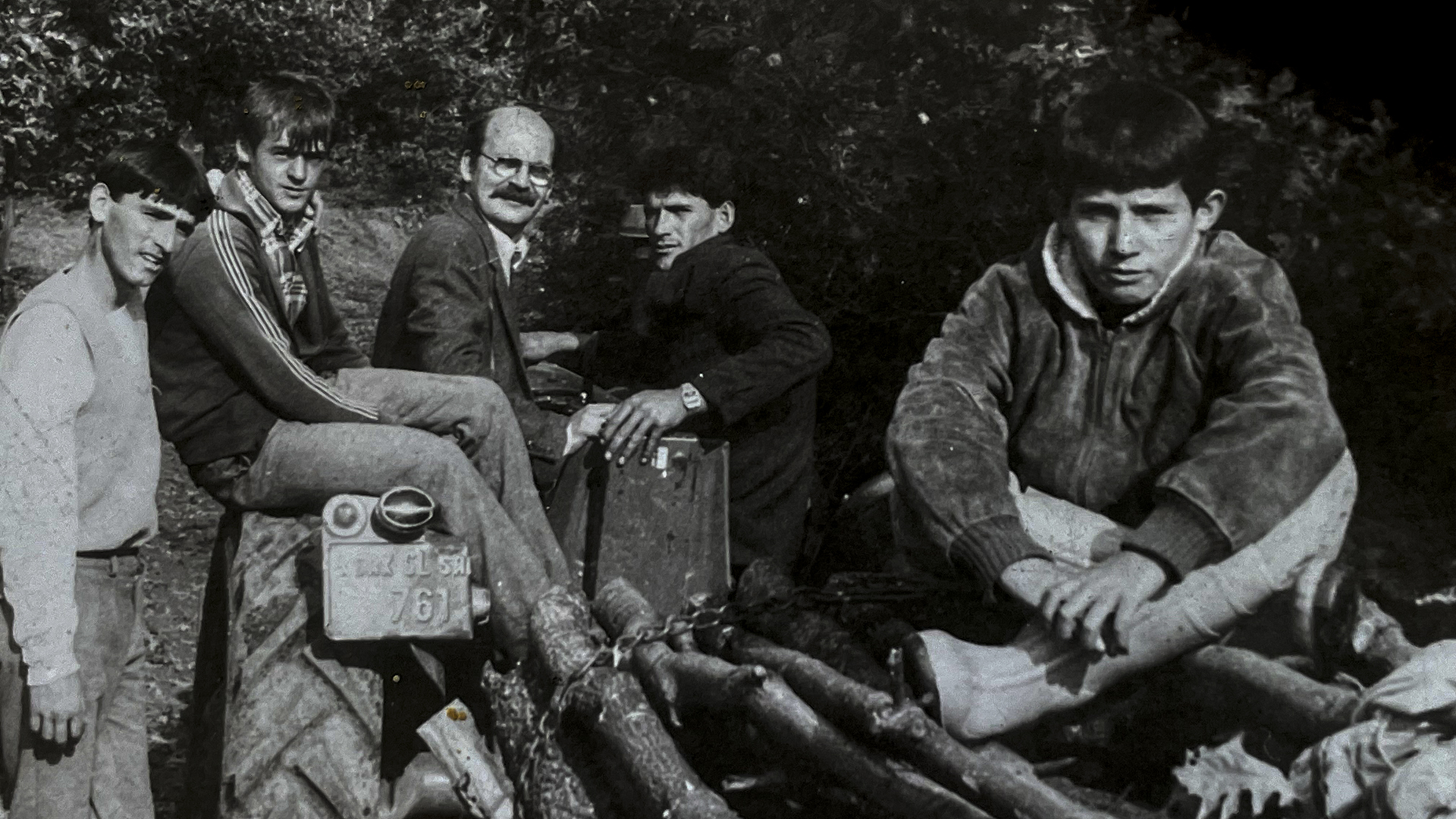
John Hodgson: Out of spite I started learning Albanian
1980s Prishtina and translating Ismail Kadare.

Daniel Petrick
Daniel Petrick is K2.0’s former Senior Editor. He writes about the Balkans.
This story was originally written in English.
KOSOVO2.0
Loading...

